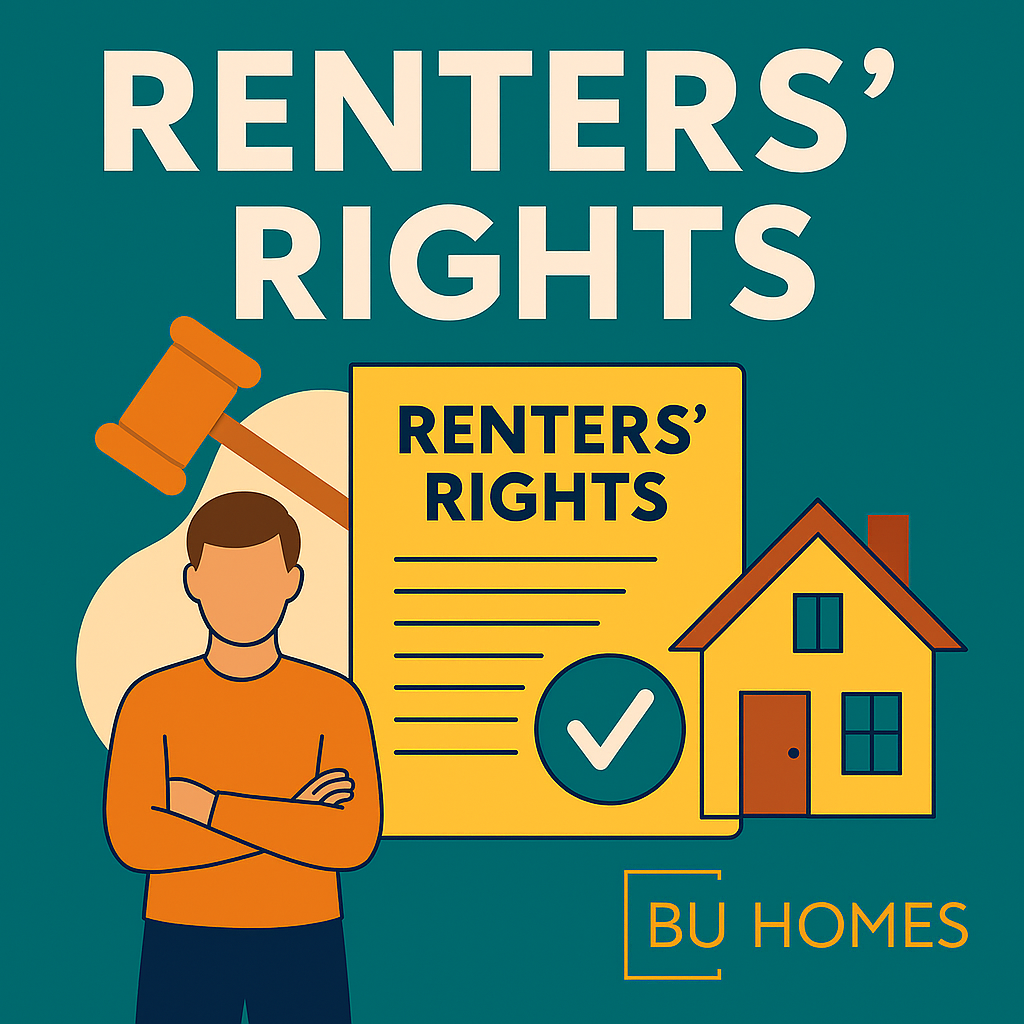The quality of rental properties will dramatically deteriorate if rent controls are introduced.
A survey by buy to let lender Lindsay says over a third of landlords will stop investing in their existing properties and more may withdraw from the sector.
And roughly one in six landlords (16%) say they will sell all their rental properties if the Renters Rights Bill goes through – meaning approximately 750,000 properties across England would drop out of the sector. Approximately one in eight (12%) landlords admitted they would bend the rules to keep rents at a reasonable market level.
The Renters Rights Bill, due to become law this year, introduces stricter controls on rent increases, requiring landlords to give a two-month lead time – and tenants gain the right to challenge rent increases through tribunals.
Landbay asked landlords, ‘How will you react when rent caps are introduced?’. More than a third of those polled (37%) told said they would stop investing in their properties. Landbay’s research suggests that this could mean 1.75m properties will no longer enjoy the levels of investment they currently do were the Renters Rights Bill to become law.
Rob Stanton, sales and distribution director at Landbay, says: “It’s really important that we go into the Bill with our eyes open. Rent control always has unintended consequences – and let’s be frank, that is exactly what we are signing up for with the Renters Rights Bill. We can see it in areas that have adopted it like Berlin, New York, and San Francisco.
“Trying to manipulate the market will lead to landlords leaving their properties untouched and not investing in them, potentially, lowering the quality of the housing stock. In a free market, rents reflect demand and scarcity. That will no longer be the case when the Bill comes in.”
Five years ago, the Berlin parliament voted to freeze rents in Berlin for five years, with rents controlled both within and between tenancies. The rental market was distorted. Landlords withdrew from the market (the number of classified ads for rental properties fell by more than half). Some landlords converted their rental properties into owner-occupied units; some modernised their properties to qualify for exemptions; some sold up altogether; others left properties vacant, in the hope that regulations would be reversed.
New construction slowed as the sector became less attractive to invest in. Existing tenants stuck to their rent-capped apartments and the reduction in the supply made it harder for newcomers and young renters to find a new flat.
In New York City, some apartments have their rents capped by a board and a black market for lettings is a feature of the local market there, too. Rental caps have spawned workarounds—illegal sublets and under-the-table payments for stabilised leases known as “key money”. Anecdotal evidence suggests a shadow, two-tier market filling the gap between capped supply and desperate demand.
In San Francisco, rent control has discouraged landlords from building. One study found rent control reduced the supply of rental housing in the city by about 15 per cent.
Source: Letting Agent Today
To read the rest of the article please visit www.buhomes.co.uk/blog
BU Homes, Solihulls Bu-tique Estate Agent
☕Fancy A Cuppa?
📍 Visit us at 130 Kineton Green Road, B927EF
📧 Email: This email address is being protected from spambots. You need JavaScript enabled to view it.
📞 Call: 0121-778-4443
www.buhomes.co.uk
#PropertyMarket
#HomeSellingTips
#HouseHunting
#DreamHome
#EstateAgent
#BUHomes #LuxuryLiving #DreamHome #PropertyGoals #HomeSweetHome








